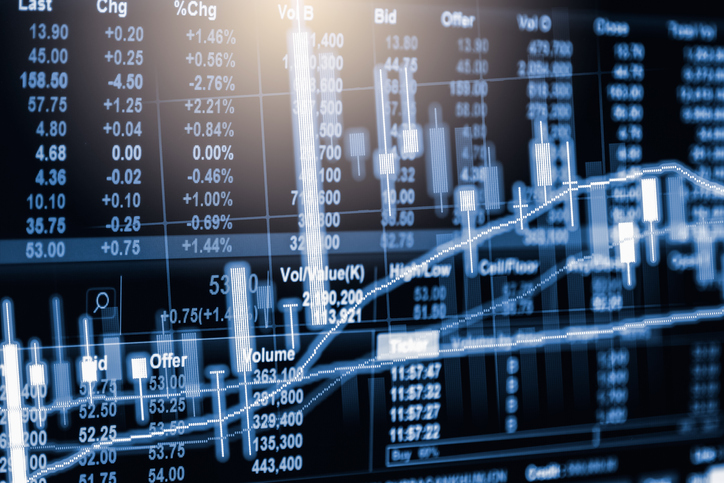ii view: Ashmore expects more supportive backdrop in 2022
An emerging markets fund manager offering a dividend yield of over 5%. Buy, sell or hold?
17th January 2022 15:01
by Keith Bowman from interactive investor
An emerging markets fund manager offering a dividend yield of over 5%. Buy, sell or hold?

Second-quarter trading update to 31 December
- Assets under management (AuM) down 4.4% to $87.3 billion
Chief executive Mark Coombs said:
"Persistent global inflation expectations, new Covid-19 variants and weaker growth in China meant challenging market conditions for emerging markets continued through the final months of 2021.
“However, the global macro-economic environment is expected to be more supportive for emerging markets in 2022. Targeted fiscal and monetary stimulus will support China's growth, Fed policy tightening is already reflected in valuations, and commodity prices are providing a tailwind to the terms of trade, and therefore the external accounts, of exporters. Very little of this positive outlook is currently priced in to fixed income and equity valuations in emerging markets.”
ii round-up:
Specialist Emerging Markets fund manager Ashmore Group (LSE:ASHM) today detailed a fall in assets under management (AuM) given weakness in emerging markets.
AuM totalled $87.3 billion at the end of its second quarter on 31 December 2021, down from $91.3 billion at the end of the previous quarter.
Ashmore shares fell by more than 1% in UK trading, adding to a fall of around 35% over the last year. Shares for larger rival Schroders (LSE:SDR) are little changed in that time, while Man Group (LSE:EMG) is up by more than 40%.
Ashmore invests in asset classes including sovereign and corporate debt, equities, and real estate across the emerging markets arena on behalf of its institutional and retail clients.
The 4.4% fall in assets over the quarter was comprised of a $2.2 billion net outflow of client monies and a $1.8 billion negative investment performance.
Management highlighted that against a backdrop of generally declining emerging markets over the quarter, Ashmore's relative performance was positive in local currency, equity and investment grade strategies.
First-half results to the end of December are scheduled for 10 February.
ii view:
Established over two decades ago, Ashmore Group is today a specialist emerging markets fund manager with a UK stock market value of around £2 billion. Most of its investments are made across the debt markets with less than 10% in equities and under 2% in alternative assets.
For investors, the fall AuM offers some caution. Emerging markets are generally more volatile and considered higher risk. The growing use of low-cost ETFs also offers increased competitive pressure on management fees, and a backdrop of ultra-low interest rates and potential rate rises from central banks is also a tough one for a bond manager – bond prices usually fall as interest rates rise.
- Three ETF trends to watch in 2022
- Friends & Family: ii customers can give up to 5 people a free subscription to ii, for just £5 a month extra. Learn more
More favourably, Ashmore’s specialisation in emerging markets is not to be forgotten. Although higher risk, growth prospects in the developing world are attractive compared with highly indebted developed economies. No group debt and a dividend yield of over 5% also remain attractive in an environment of still ultra-low rates. In all, and while the uncertain economic backdrop offers reason for caution, income investors with an established holding are likely to stay put.
Positives:
- Robust investment performance record
- Attractive dividend (not guaranteed)
Negatives:
- Uncertain economic outlook
- Fee pressure from increased tracker funds
The average rating of stock market analysts:
Hold
These articles are provided for information purposes only. Occasionally, an opinion about whether to buy or sell a specific investment may be provided by third parties. The content is not intended to be a personal recommendation to buy or sell any financial instrument or product, or to adopt any investment strategy as it is not provided based on an assessment of your investing knowledge and experience, your financial situation or your investment objectives. The value of your investments, and the income derived from them, may go down as well as up. You may not get back all the money that you invest. The investments referred to in this article may not be suitable for all investors, and if in doubt, an investor should seek advice from a qualified investment adviser.
Full performance can be found on the company or index summary page on the interactive investor website. Simply click on the company's or index name highlighted in the article.